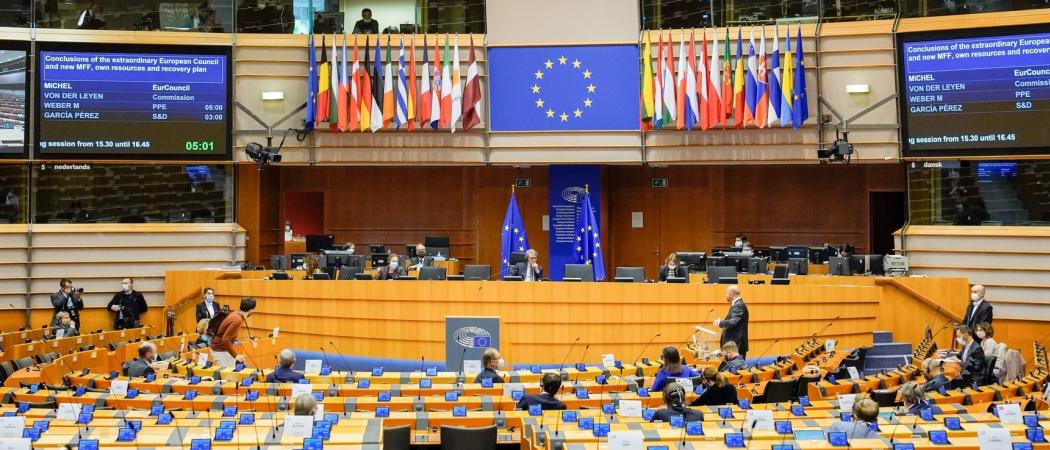The parliament can start negotiations with the council and the commission on the remaining issues as soon as member states reach an agreement on the 2021-2027 EU budget

Photo: European Parliament.
The European Parliament’s industry committee (ITRE) has voted to enter trilogue negotiations with the council and the commission on Horizon Europe and three other pieces of legislation with a heavy R&D focus, Digital Europe, the European Defence Fund and the EU’s new space programme.
The vote is one of the final steps needed for reaching an agreement on the legislative files before their scheduled launch in January 2021.
Horizon Europe has been largely agreed upon except how its budget will be distributed across the different pillars, how will it work with other EU funding schemes, and what the terms for international cooperation will be.
The parliament can start negotiations with the council and the commission on these remaining issues as soon as member states reach an agreement on the 2021-2027 EU budget.
EU leaders will meet on 19 June to discuss a budget proposal unveiled by the commission in May which foresees €94.4 billion (in 2018 prices) for Horizon Europe. The proposal also includes €9.5 billion for the European Defence Fund, €13.1 billion for the European Space Programme, and €8.1 billion for Digital Europe.
The industry committee had largely finalised the legal texts before the end of the previous legislature in 2019, but these still need the approval of national research ministers in the European Council after member states agree on the overall figure of the EU’s next seven-year budget.
The industry committee stressed that the legislation needs to be finalised and agreed on as soon as possible to make sure the new programmes can start without delays in January 2021.
MEPs worry that it may take months before member states reach an agreement on the overall budget figure and are urging the commission to come up with a contingency plan for the programmes to start in January 2021.
These R&D intensive programmes will underpin a €750 billion plan by the commission to recover from the recession set in motion by the coronavirus pandemic.
Horizon Europe will continue to fund research on vaccines and viral diseases, climate change and green energy, and it will support a few dozen large R&D public-private partnerships.
The Digital Europe programme is set to support EU’s drive to become more technologically independent by funding advances in high performance computing, artificial intelligence, cybersecurity and ensuring the wide use and deployment of digital technologies.
The European Defence Fund will finance research and the development of military hardware, including drones and lighter-weight armour for soldiers.
The Space Programme will continue the work started through Galileo and EGNOS, the EU’s global satellite navigation systems and Copernicus, the EU’s earth observation programme.





 A unique international forum for public research organisations and companies to connect their external engagement with strategic interests around their R&D system.
A unique international forum for public research organisations and companies to connect their external engagement with strategic interests around their R&D system.